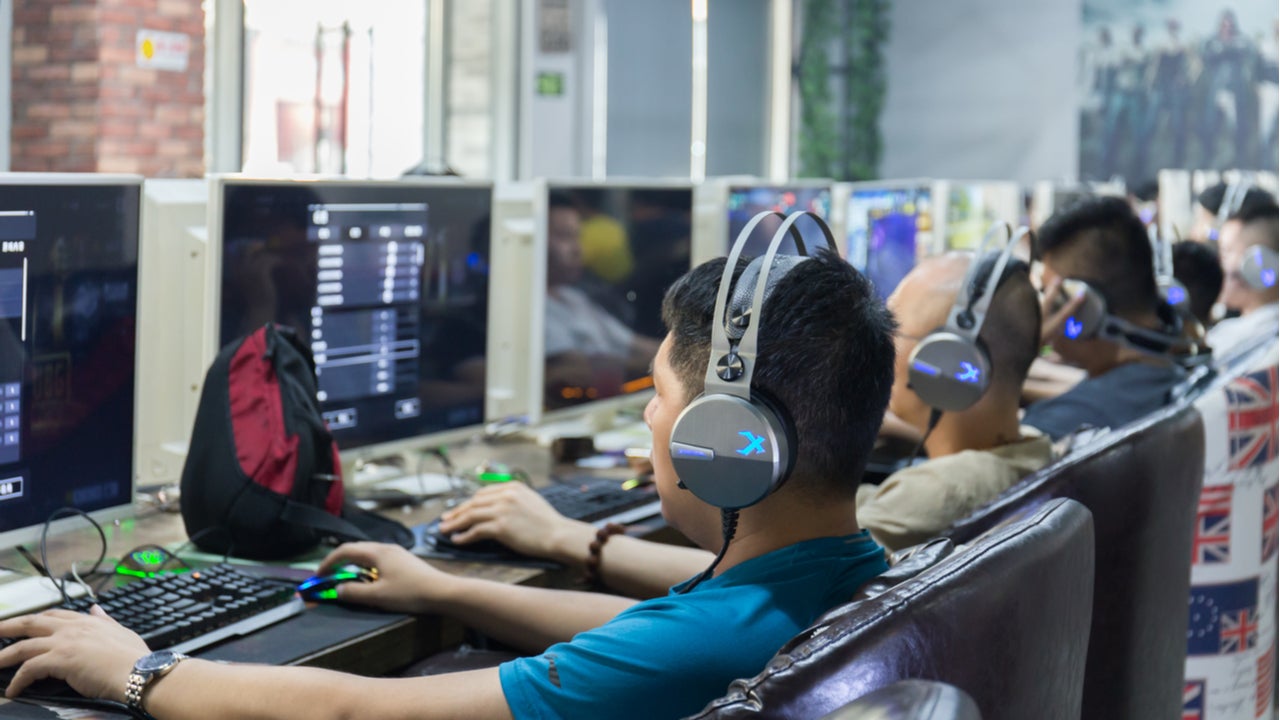
The Chinese government has tightened the restrictions on young online gamers, which is bad news for online gaming companies, who have seen their shares slump in response.
China’s already strict online gaming laws have just become even stricter. The government has now introduced legislation which bans under-18s from playing online games for more than an hour a day, only between 8pm and 9pm on Friday, Saturday, Sunday and public holidays.
The ban will be enforced by online gaming companies, which must enforce rules requiring users to register accounts with their official identities in order to play.
The government hopes that the new rules, released by the National Press and Publication Administration, will help counter what it has called ‘the growing scourge of online game addiction among schoolchildren’. Prior to the new rules, players under the age of 18 were limited to no more than 90 minutes of gaming on weekdays and three hours a day on weekend.
News comes as a blow to players in the market
Bilibili’s (a professional esports franchise) shares declined as much as 7.2%, while NetEase (a online PC and mobile games developer) slipped 4.6%, upon the announcement of these new restrictions. In Tokyo, Nexon fell as much as 5% while Koei Tecmo dropped as much as 4.4%. The former received approximately 28% of its revenue from China in the last fiscal year, therefore the restrictions will likely have a larger impact on the company.
This isn’t the first-time government actions have impacted video game companies. In August 2021, the share price of Tencent Holdings fell sharply in response to a Chinese state-owned newspaper calling games “spiritual opium.”
How well do you really know your competitors?
Access the most comprehensive Company Profiles on the market, powered by GlobalData. Save hours of research. Gain competitive edge.

Thank you!
Your download email will arrive shortly
Not ready to buy yet? Download a free sample
We are confident about the unique quality of our Company Profiles. However, we want you to make the most beneficial decision for your business, so we offer a free sample that you can download by submitting the below form
By GlobalDataSome of China’s largest game software retailers are also active within other markets and industries. For example, Tencent operates some of the country’s most popular social media platforms including WeChat while companies such as NetEase provides advertising services, email services and e-commerce platforms in China in addition to online PC and mobile games. As a result, the implications of the restrictions will be softened somewhat.
China’s gaming industry has boomed in recent years
Thanks to rising incomes and increasing computer, smartphone, and internet access, China’s digital game market has become the world’s largest by revenue and number of consumers. With around 661 million gamers nationwide, China now has more gamers than the entire populations of the US, Japan, Germany, France, and the UK combined.
The Chinese games software market had a compound annual growth rate (CAGR) of 11.6% between 2016 and 2020; however, the performance of the market is forecast to decelerate, with an anticipated CAGR of 6.4% for the five-year period 2020 – 2025. While the Chinese market has recorded much stronger growth figures in the past five years, strict regulation on gaming is expected to decelerate growth within the market in the future.






Related Company Profiles
NetEase Inc
Nexon Co Ltd
Tencent Holdings Ltd